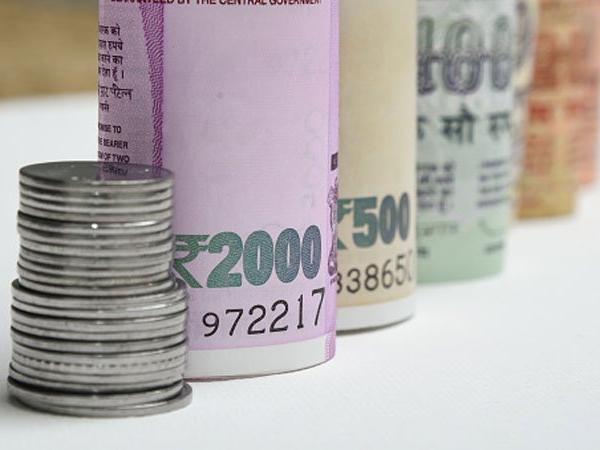
Company Fixed Deposits or Corporate Fixed Deposits work on the same investment principal as FDs.
New Delhi: Many investors opt for a bank fixed deposit as part of their overall investment plan. A pre-determined, fixed rate of return with high safety of capital make bank FDs a popular investment choice. Company Fixed Deposits or Corporate Fixed Deposits work on the same investment principal as FDs. The difference is that your money is lent to a company instead of a bank, and you may also earn a slightly higher rate of interest than banks.
Corporate entities require funds for various business purposes. They may seek funds from banks, equity investors, or from the public in the form of fixed deposits. The Reserve Bank of India allows companies to raise funds using corporate FDs. The interest rate varies depending on the enterprise and investment period. Usually, the interest rate is higher for longer durations.
Are They Safe?
The Deposit Insurance and Credit Guarantee Cooperation secure your bank deposits up to Rs. 1 lakh per bank. Corporate fixed deposits come with no such protection. This does not necessarily make the investment risky. One must evaluate the credit rating of the company before lending to it. A company with a high credit rating provides the highest certainty of returning your principal and interest on time.
Interest Rates
Being an unsecured loan where the corporate or companies do not offer any asset or security to you as an investor, they offer you high interest rates. The interest rates offered by corporate fixed deposits are marginally higher than bank fixed deposits. For depositors who are senior citizens, there may be an extra 0.50%.
Which Company To Invest In
Various rating agencies including ICRA, CARE, CRISIL etc. offer ratings to corporate fixed deposits based on their various risk parameters. The credit rating is denoted through letters such as AAA, AA, AA+, B, C etc. AAA is the highest safety rating followed by AA, A and CRISIL BBB. The lowest rating is CRISIL D which indicates high likelihood of default. The higher the rating, the safer your money. The lower the rating, the riskier the investment.
Are Corporate FDs Regulated By RBI?
Unlike bank fixed deposits which are covered under the Banking Regulation Act, 1949, and come under the ambit of RBI, corporate fixed deposits are only governed as per Section 58-A of the Companies Act 1956.
Do They Offer Any Tax Benefits?
Investing in corporate fixed deposits do not offer any tax benefits. The interest earned is added to your overall taxable income and taxed as per your income tax slab. Eventually, corporate fixed deposits may not work out to be beneficial for investors in the highest tax bracket of 30% owing to their high tax outgo.
Things To Watch Out For
The higher the risk, the higher is the reward. So if your financial plan allows you to take that extra risk to invest in a corporate FD, here are some tips to ensure a secured investment.
-Opt for companies with high credit ratings
-Investing in publicly traded companies helps you track their financial health
-Do not fall for super high-interest rate offerings and invest with companies offering realistic interest rates
-Ensure the company’s balance sheet shows profitability for the last 2-3 years


